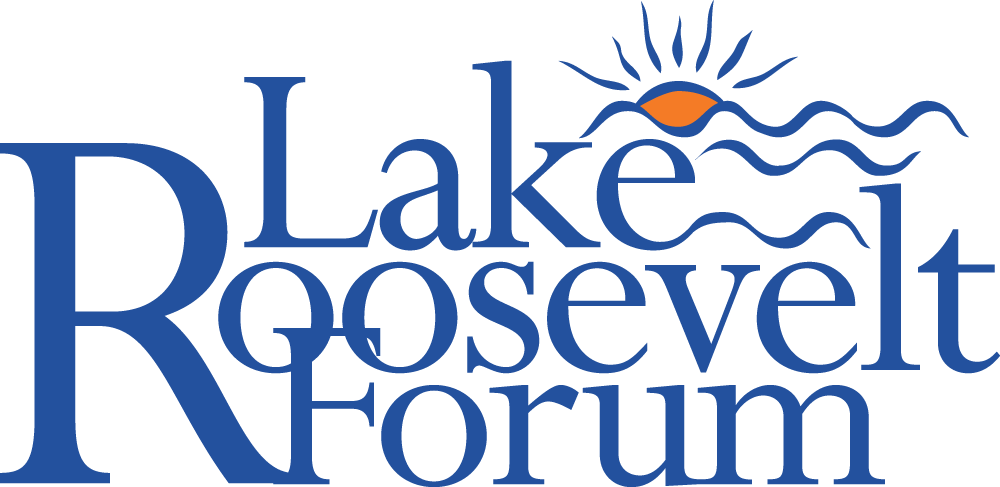A three judge panel from the Ninth Circuit U.S. Court of Appeals ruled that aerial deposition from the Teck smelter in Trail, Canada does not constitute “disposal.” As such, Teck cannot be held liable for hazardous substances such as lead, arsenic and mercury emitted from Trail smoke stacks that traveled through the atmosphere and then deposited in the Upper Columbia Valley. Washington State and the Colville Confederated Tribes brought the case to hold Teck liable for cleanup costs and natural resource damages under the Comprehensive Environmental Response, Compensation and Liability Act, or CERCLA (also known as superfund).
The court relied heavily on two precedents that parse the meaning of “disposal of waste” under CERCLA. In one of the precedents, the ninth circuit ruled that BNSF Railway emitting diesel particulate matter into the air that resettled onto the land and water did not constitute disposal of waste and thus not subject to liability under CERCLA.
News reports indicate plaintiffs will petition for a new hearing before the full 9th U.S. Circuit Court of Appeals. Potentially, the case could be heard by the U.S. Supreme Court.
Under terms of a 2006 settlement agreement between EPA and Teck, Teck has funded soil sampling and remediation related to atmospheric deposition in the Upper Columbia Valley. In 2014, EPA sampled 74 residential properties which led to cleanup on 14 properties. This year, 142 property owners granted access for soil sampling that begins this month.
Click here for a National Law Review article reviewing the case and its implications.

